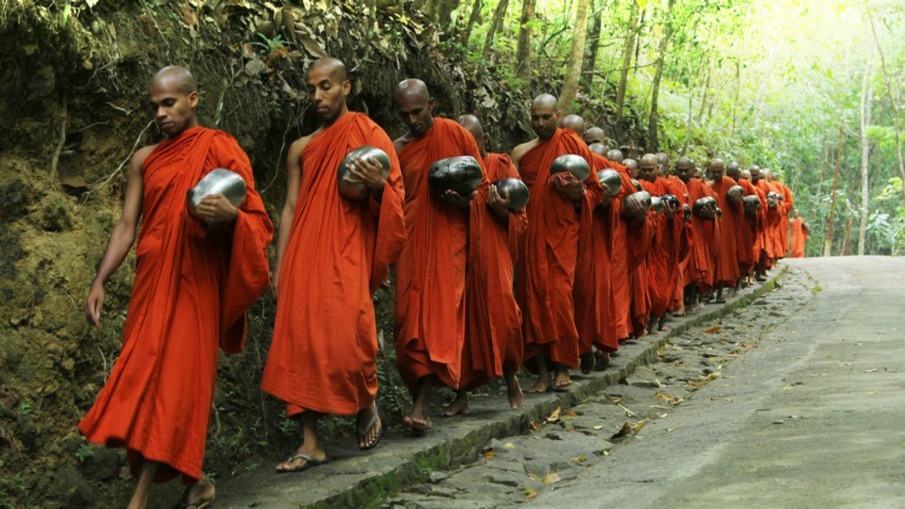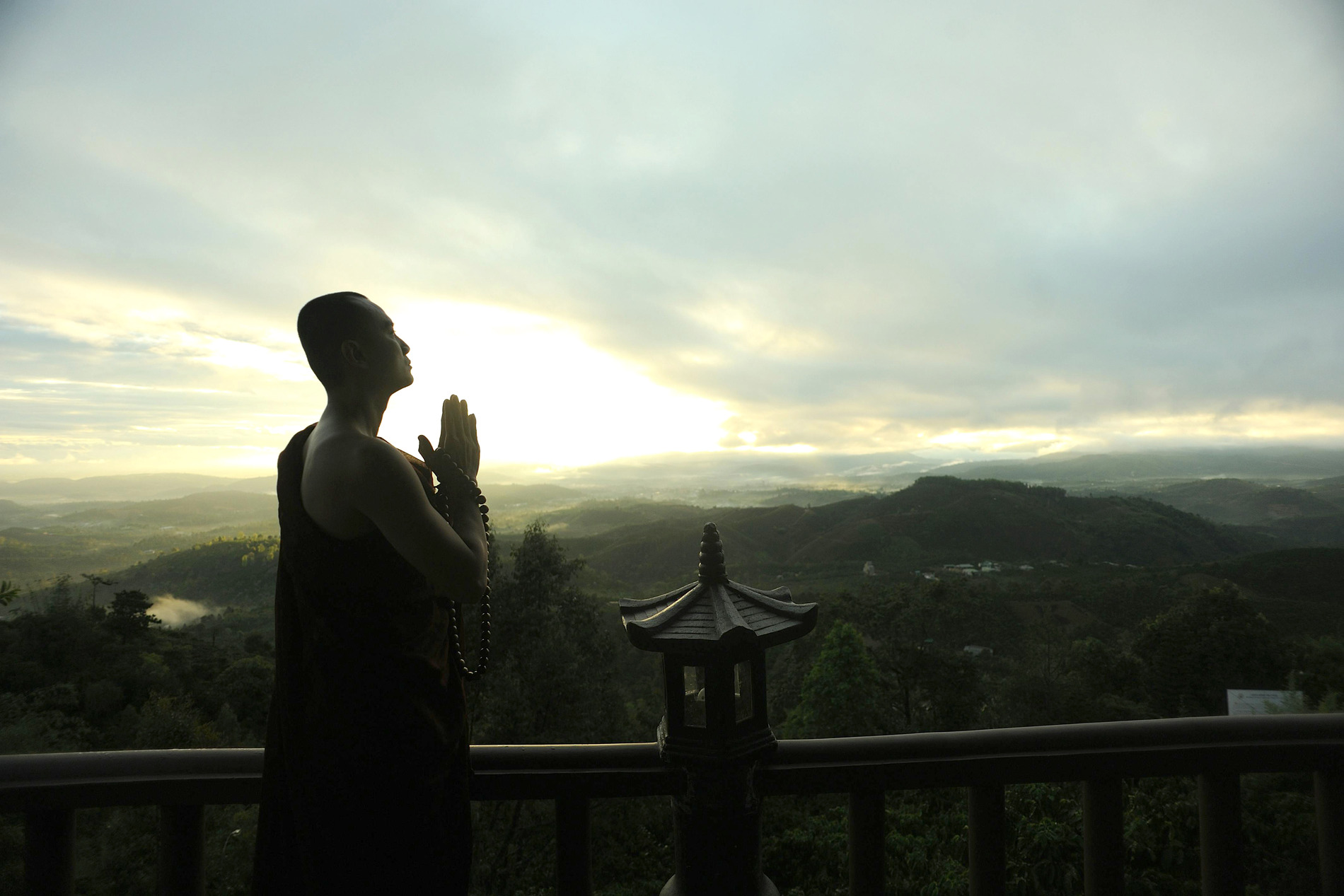
Final Enlightenment
On the forty ninth day, the day of the full moon of the month of Baisakh, Siddhartha finally gained the insight that he had been seeking. Then for the next seven weeks he studied in detail his new school of thought as he was worried that there may be mistakes in his thinking. Siddhartha was a supremely logical thinker and he also wondered if his new philosophy would be too complex for people to understand. He gradually developed a way to teach his philosophy in a system that common people could find useful in their daily lives.
He called it the Law of Causation and it was a very original way of looking at the question of sorrow and suffering. At that time the main stream of thought was of the Upanishads and none of the philosophers had explained the question in this manner. This feeling of enlightenment was so joyful the Buddha wondered if he should remain silent for the rest of his life buried in his thoughts in solitude but he was first of all a man with a mission and he chose to share his philosophy with people. For the rest of his life, till the age of eighty, he would walk around the kingdom of Magadha and Kosala teaching and guiding people.
The spiritual and ethical message that is the great philosophy of Buddhism begins in Uruvela, that today we call Bodh Gaya. Here the most sacred spot is the Bodhi Tree that grows where he sat on a seat of kusha grass to meditate and the great Mahabodhi Temple. The Nairanjana River, now called Phalgu still flows nearby. From Uruvela Siddhartha Gautama, now the Buddha, an enlightened being, ventured out into the world to spread his philosophy that came to be called Dhamma. He would next stop at a deer park near the holy city of Varanasi, which came to be called Sarnath, and give his first sermon.
Find Your Perfect Read
Explore More
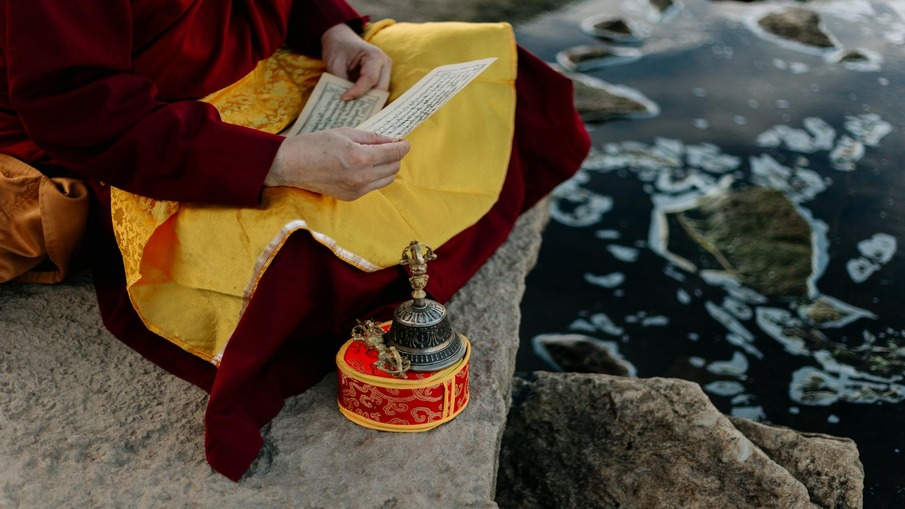
At Uruvela
After leaving his kingdom of Kapilavastu, Prince Siddhartha Gautama wandered around present day Bihar....
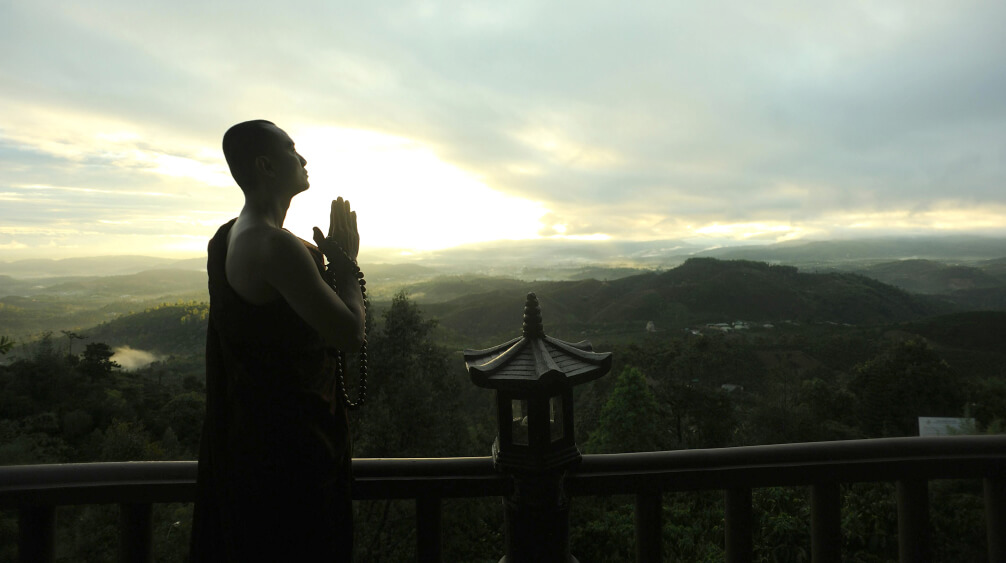
Final Enlightenment
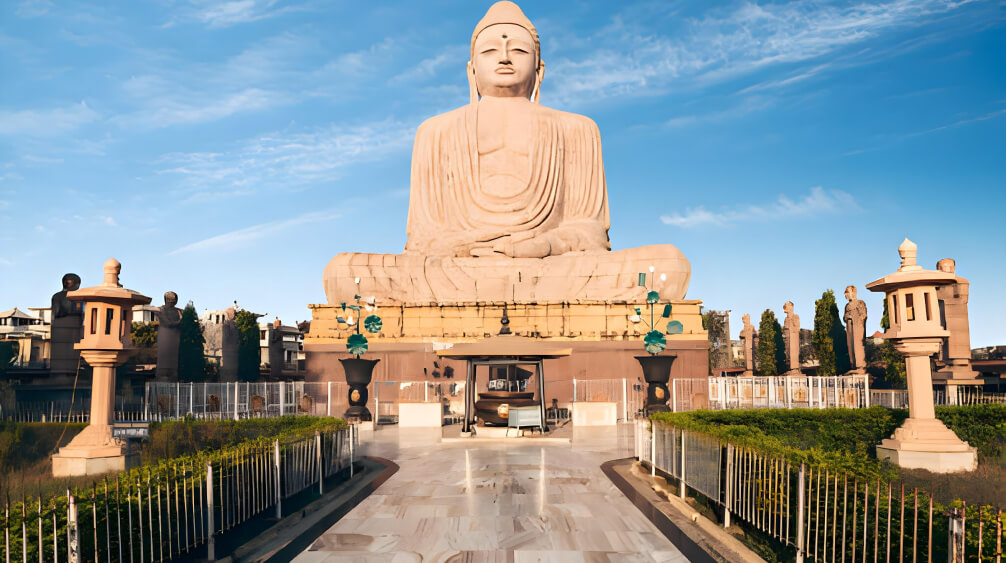
Bodh Gaya- After Parinirvana of Buddha
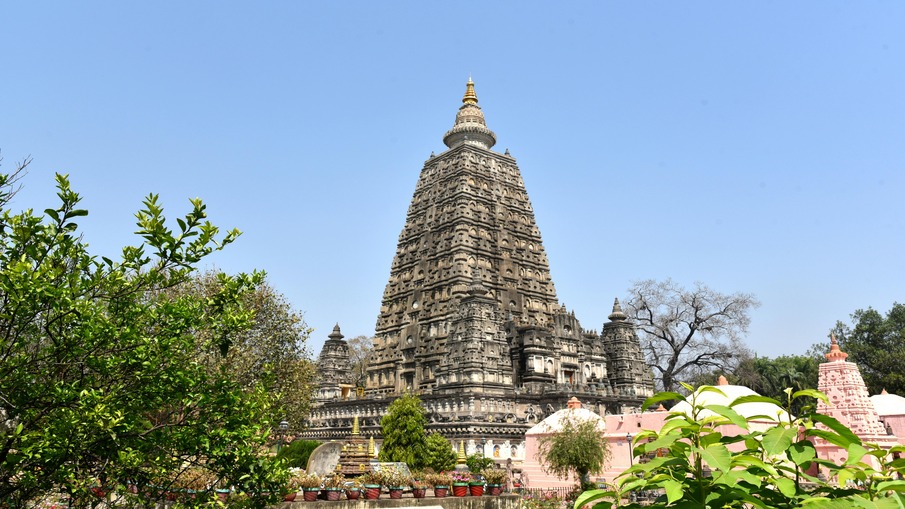
The Mahabodhi Mahavihara
This temple symbolises the far reaching power of Buddhism. The temple is 52 metres high and built...
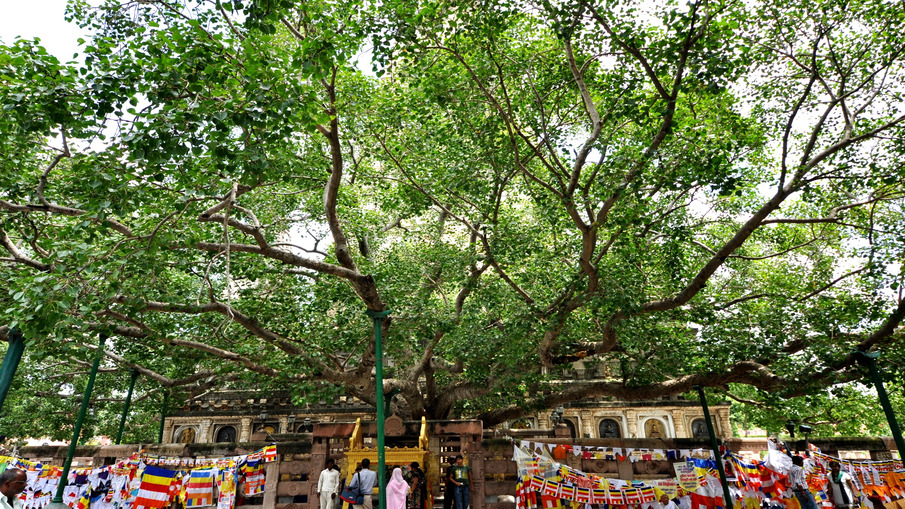
The Bodhi Tree
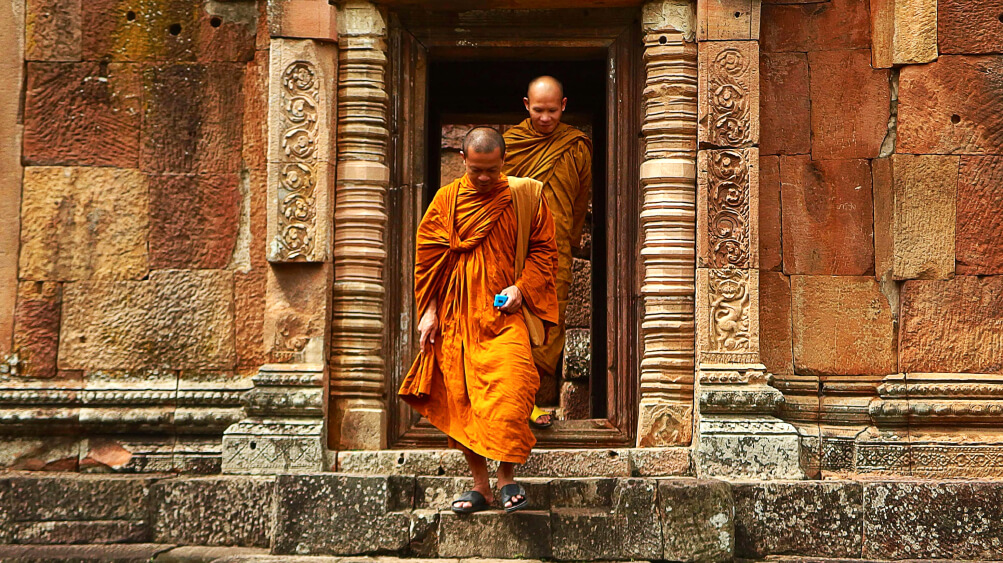
Monasteries
The people of India forgot the Buddha but he was worshipped n the countries where Buddhism ...
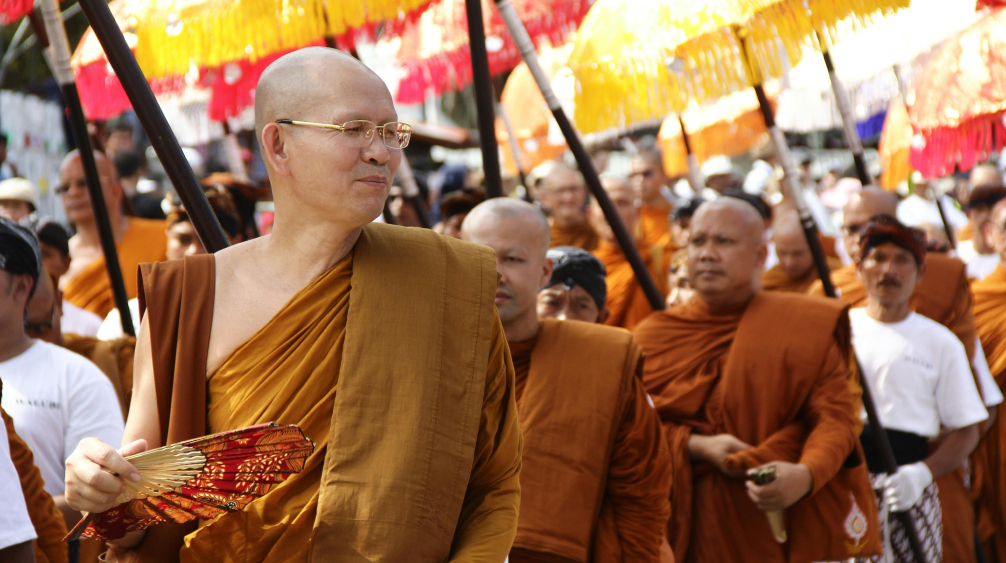
Festivals In Bodh Gaya
The day of Buddha Purnima is said to be thrice blessed. It is the day when Prince Siddhartha Gautama was born.
